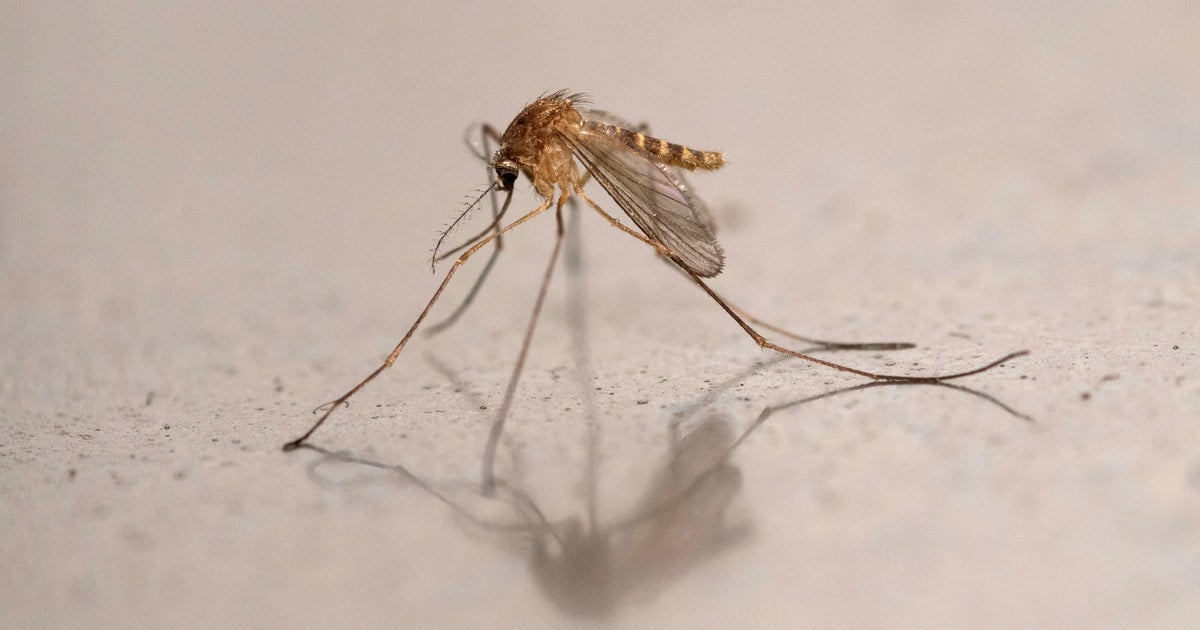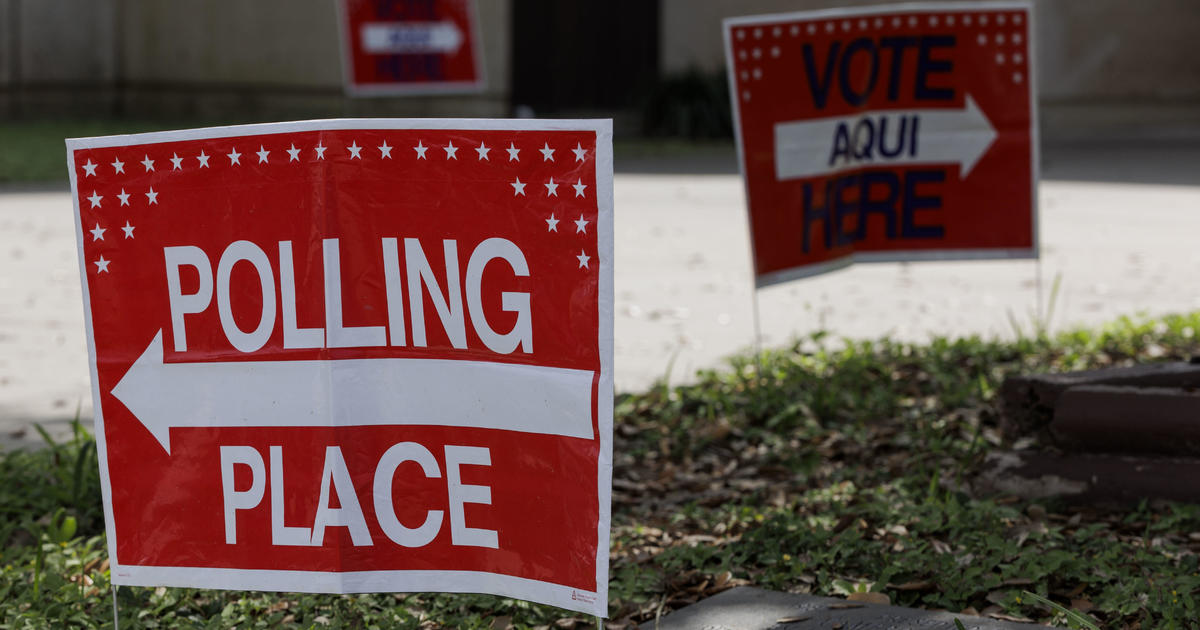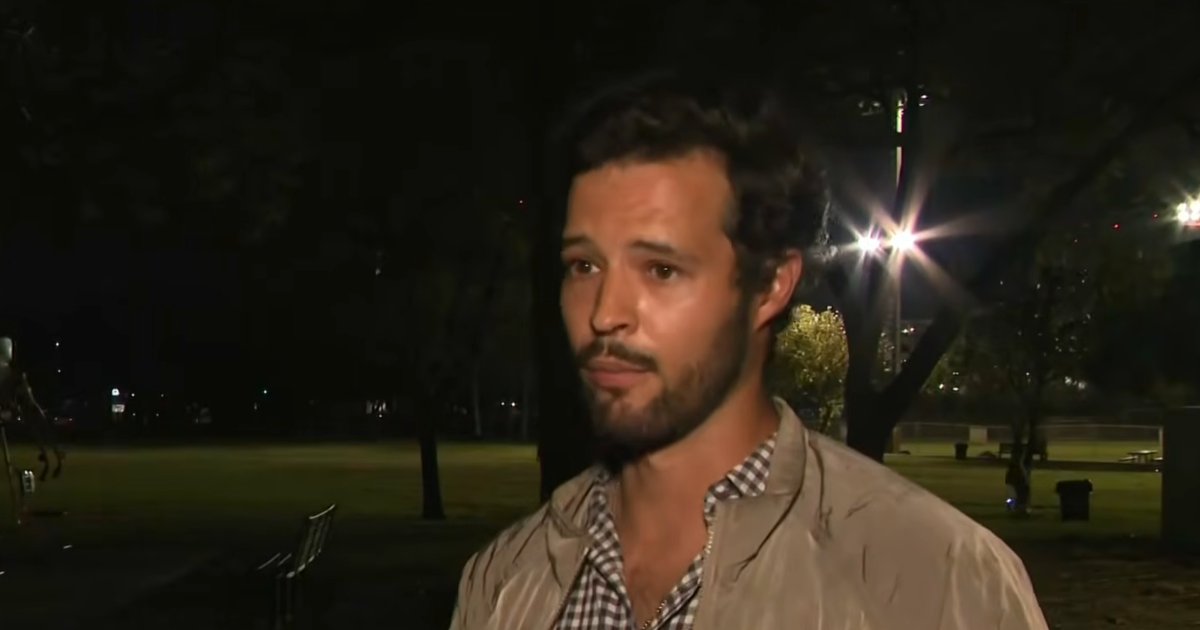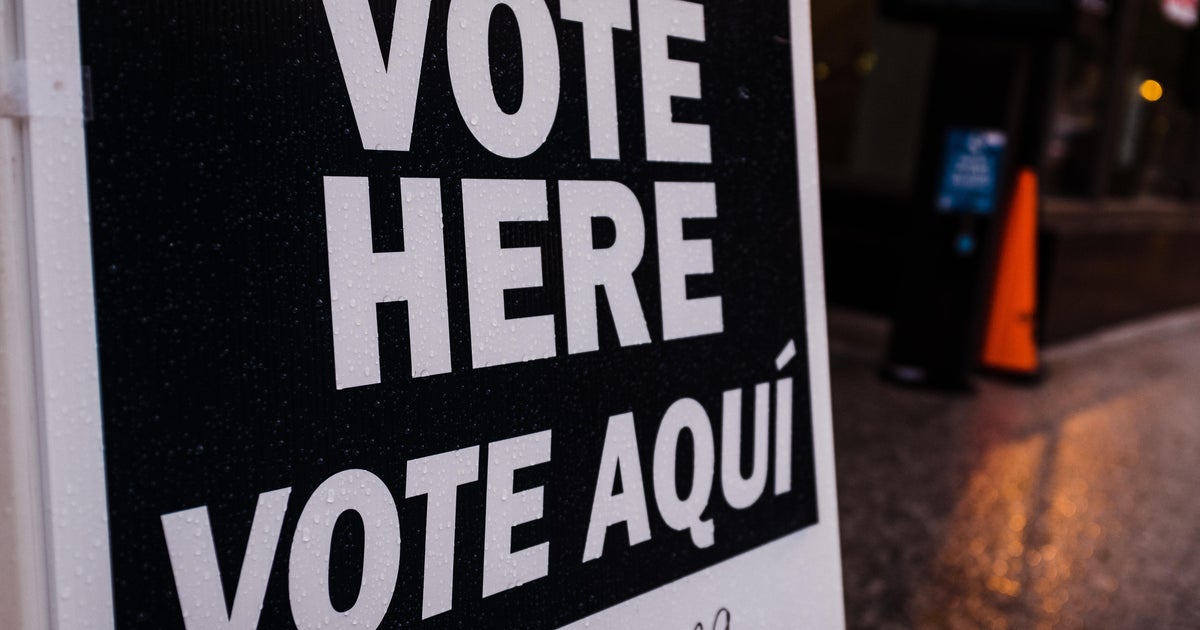GMO Mosquito Plan Headed For Residents' Vote In Florida Keys
Follow CBSMIAMI.COM: Facebook | Twitter
KEY WEST, Fla. (CBSMiami/AP) — Florida Keys residents will get to vote on whether genetically modified mosquitoes should be released in a study to possibly prevent the spread of the Zika virus among other mosquito-borne diseases.
Residents in the Florida Keys will get to vote on whether genetically modified mosquitoes should be released in their neighborhood.
The mosquito control district in the island chain wants the British biotech firm Oxitec to test its modified mosquitoes in a neighborhood of 444 homes clustered on a relatively isolated peninsula north of Key West.
At a board meeting Tuesday in Marathon, the district's board of commissioners decided to allow residents of the Key Haven neighborhood to have a say in the project.
The vote will be nonbinding, but The Key West Citizen reports that a majority of the five commissioners said they would abide by the will of the voters.
The newspaper reported Monday that board members weren't comfortable with either a district survey that found Key Haven residents supportive of the test or anecdotal complaints from angry residents.
Two commissioners are up for re-election, and a third has decided not to run again.
Commissioner Jill Cranney-Gage, who is running for re-election and lives in Key Haven, said she wanted an independent survey on the proposed test.
"I do not want to shove this down people's throats," she said. "I have heard from residents, friends and neighbors, but what I have heard is not significant when it comes to an overall response."
Oxitec, which was bought last year by the biotechnology company Intrexon, modifies Aedes aegypti mosquitoes with synthetic DNA to produce offspring that won't survive outside a lab. The mosquito species can transmit the Zika virus, along with dengue and chikungunya, to humans.
Small field tests in Panama, Brazil and the Cayman Islands significantly reduced wild Aedes larvae populations in the targeted neighborhoods with no adverse impacts to humans or the environment, Oxitec officials have said.
The company is expanding its operations in Brazil to conduct larger tests with its mosquitoes. A similar technique using radiation to sterilize insects has been used for decades to control mosquitoes and other insects.
Derric Nimmo, who would oversee the Florida test for Oxitec, said he supports the vote. The test proposed in the Keys would release roughly 3 million modified male mosquitoes into the neighborhood to mate with wild female mosquitoes.
"I think a referendum is great, as long as it is done in an independent way," Nimmo said. "An informed choice is what we want."
Thousands of mosquitoes would be released three times a week for up to 22 months during the test.
The Monroe County Supervisor of Elections Office agreed to oversee the election, and the ballot question will go before voters in the Aug. 30th primary, the district's attorney, Dirk Smits, said.
The district has until June 24th to submit the ballot question, Smits said.
Some Key Haven residents who have opposed Oxitec's plan welcomed the vote. Ed Swift said Tuesday that neither he nor his neighbors want to be "guinea pigs." The Citizen has reported over 60 signs visible in the neighborhood state that residents do not consent to the test.
The U.S. Food and Drug Administration still has to decide whether to allow the test to proceed. The agency's Center for Veterinary Medicine has released a preliminary finding of no significant impact for the trial, and the public has until May 13th to review and comment on those findings.
(TM and © Copyright 2016 CBS Radio Inc. and its relevant subsidiaries. CBS RADIO and EYE Logo TM and Copyright 2016 CBS Broadcasting Inc. Used under license. All Rights Reserved. This material may not be published, broadcast, rewritten, or redistributed. The Associated Press contributed to this report.)







